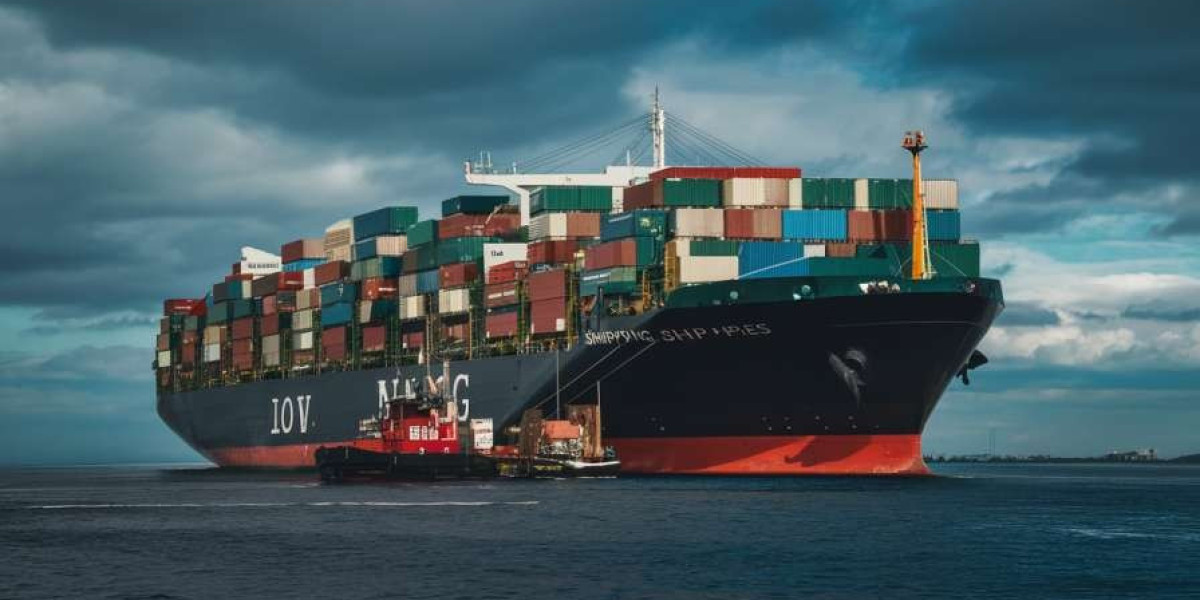In today's globalized economy, the importance of efficient logistics in international trade cannot be overstated. Logistics, the management of the flow of goods from the point of origin to the point of consumption, plays a crucial role in ensuring that products reach their destinations in a timely and cost-effective manner. Efficient logistics not only enhances the competitiveness of businesses but also contributes significantly to the overall economic growth of nations. This article delves into the various aspects of logistics and its critical role in international trade.
1. Enhancing Competitiveness
Efficient logistics systems enable businesses to reduce costs and improve service quality, thereby enhancing their competitiveness in the global market. By optimizing transportation routes, consolidating shipments, and leveraging technology, companies can minimize delays and reduce the cost of shipping goods. This cost efficiency allows businesses to offer competitive pricing to their customers, which is essential in a highly competitive international market.
2. Reducing Lead Times
In international trade, time is of the essence. Efficient logistics systems help in reducing lead times, which is the time taken from the placement of an order to the delivery of goods. Shorter lead times mean that businesses can respond more quickly to market demands and changes, thereby improving customer satisfaction. This agility is particularly important in industries where product life cycles are short, and consumer preferences change rapidly.
3. Improving Supply Chain Reliability
Reliability is a key factor in international trade. Efficient logistics ensure that goods are delivered on time and in good condition, which is crucial for maintaining the trust and confidence of customers. A reliable supply chain reduces the risk of stockouts and overstock situations, both of which can be costly for businesses. By ensuring timely deliveries, efficient logistics help in maintaining a steady flow of goods, thereby supporting continuous production and sales.
4. Facilitating Market Expansion
Efficient logistics systems enable businesses to expand their markets beyond domestic borders. By streamlining the process of moving goods across international boundaries, logistics providers help businesses tap into new markets and reach a broader customer base. This market expansion is essential for growth and diversification, allowing businesses to mitigate risks associated with dependence on a single market.
5. Supporting Just-In-Time (JIT) Manufacturing
Just-In-Time (JIT) manufacturing is a strategy that aims to reduce inventory costs by receiving goods only as they are needed in the production process. Efficient logistics are critical for the success of JIT manufacturing, as they ensure that materials and components are delivered precisely when required. This precision helps in minimizing inventory holding costs and reducing waste, thereby improving overall operational efficiency.
6. Enhancing Customer Satisfaction
Customer satisfaction is a key driver of business success. Efficient logistics systems contribute to higher levels of customer satisfaction by ensuring timely and accurate deliveries. In the age of e-commerce, where customers expect fast and reliable shipping, efficient logistics can be a significant differentiator. By meeting or exceeding customer expectations, businesses can build strong relationships and foster customer loyalty.
7. Reducing Environmental Impact
Sustainability is becoming increasingly important in international trade. Efficient logistics systems can help in reducing the environmental impact of transportation by optimizing routes, consolidating shipments, and using eco-friendly modes of transport. By reducing fuel consumption and emissions, businesses can contribute to environmental conservation while also meeting regulatory requirements and consumer expectations for sustainable practices.
8. Leveraging Technology
Technology plays a pivotal role in enhancing the efficiency of logistics systems. Advanced technologies such as GPS tracking, automated warehousing, and blockchain can improve the visibility and transparency of supply chains. Real-time tracking and monitoring enable businesses to make informed decisions and respond quickly to any disruptions. Additionally, data analytics can help in identifying patterns and trends, allowing for continuous improvement in logistics operations.
9. Navigating Regulatory Compliance
International trade involves navigating a complex web of regulations and compliance requirements. Efficient logistics providers have the expertise and knowledge to ensure that shipments comply with all relevant regulations, including customs procedures, tariffs, and trade agreements. By managing these complexities, logistics providers help businesses avoid delays and penalties, ensuring a smooth flow of goods across borders.
10. Mitigating Risks
International trade is fraught with risks, including geopolitical tensions, natural disasters, and economic fluctuations. Efficient logistics systems help in mitigating these risks by providing contingency plans and alternative routes. By ensuring that goods can be rerouted in case of disruptions, logistics providers help businesses maintain continuity and minimize the impact of unforeseen events.
Conclusion
In conclusion, efficient logistics are the backbone of international trade. They enhance competitiveness, reduce lead times, improve supply chain reliability, facilitate market expansion, support JIT manufacturing, enhance customer satisfaction, reduce environmental impact, leverage technology, navigate regulatory compliance, and mitigate risks. As businesses continue to expand their global reach, the importance of efficient logistics will only grow, making it a critical component of success in the international marketplace. By investing in efficient logistics systems, businesses can unlock new opportunities, drive growth, and achieve long-term sustainability. For Efficient Logistics in International Trade , we must hire a profesional well experienced shipping and logistic company.








